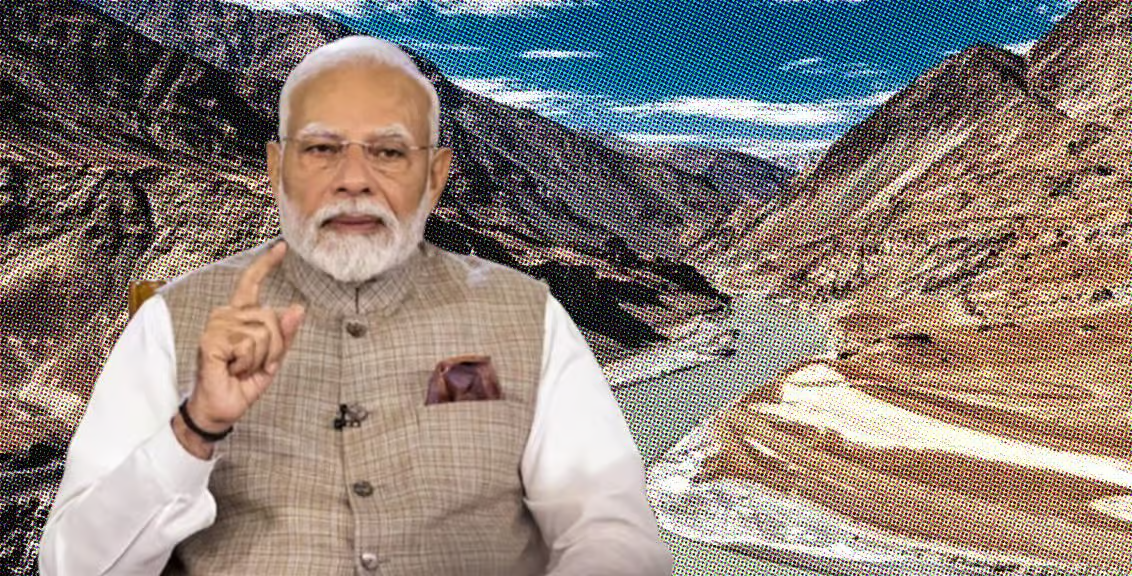Water is the foundation of life, the essential element sustaining civilizations throughout history. Yet, today, this vital resource finds itself caught in a growing regional conflict between India and Pakistan. The Indus Water Treaty of 1960, once hailed as a shining example of diplomatic cooperation, now appears fragile, challenged by escalating geopolitical tensions. What was once a bridge of cooperation risks turning into a deep divide.
Recent statements by India’s Prime Minister Narendra Modi have sparked widespread concern. His rhetoric suggests a troubling shift in approach—viewing water not merely as a shared resource but potentially as a tool of coercion. Modi’s remarks imply a threat to restrict Pakistan’s access to the rivers originating in India, which sustain millions of Pakistanis daily. This stance contradicts the treaty’s core provisions, which clearly forbid unilateral suspension or termination. The human impact is profound: over 25 million Pakistanis rely on these waters. It raises urgent questions about whether denying water access can ever be justified as a political strategy, especially when bound by international agreements. Can one country deliberately impose drought on another without breaching international law?
READ MORE:
Salaried Class Alliance Urges Government for Tax Relief in Upcoming Budget
Pakistan’s response has been unequivocal. Its leadership has declared a willingness to fight rather than suffer a water crisis, signaling that this issue transcends politics and strikes at the heart of national survival. The Director General of Pakistan’s Inter-Services Public Relations recently stated that Pakistan intends to reclaim its historic rights—not just over Kashmir but over all six rivers that arise in the region. This reflects growing frustration and a belief that India’s actions undermine the treaty’s integrity through persistent manipulation and disregard for its terms.
This is not simply a dispute about river flows or dams. It is a matter of national honor, sovereignty, and adherence to international commitments. Most importantly, it concerns the ecological and human survival of two nuclear-armed nations sharing a fragile and vital natural heritage. The land, its waters, and the people dependent on them are inseparable.
The pressing question now is whether diplomacy, grounded firmly in the Indus Water Treaty, can still overcome this rising tension. Can dialogue and renewed cooperation safeguard the shared stewardship of these waters, respecting both the letter and spirit of this critical accord? Or is South Asia edging closer to a conflict far more dangerous than territorial disputes—a conflict over the very source of life itself? One can only hope that wisdom, respect for international law, and a commitment to peace will prevail before it is too late.



